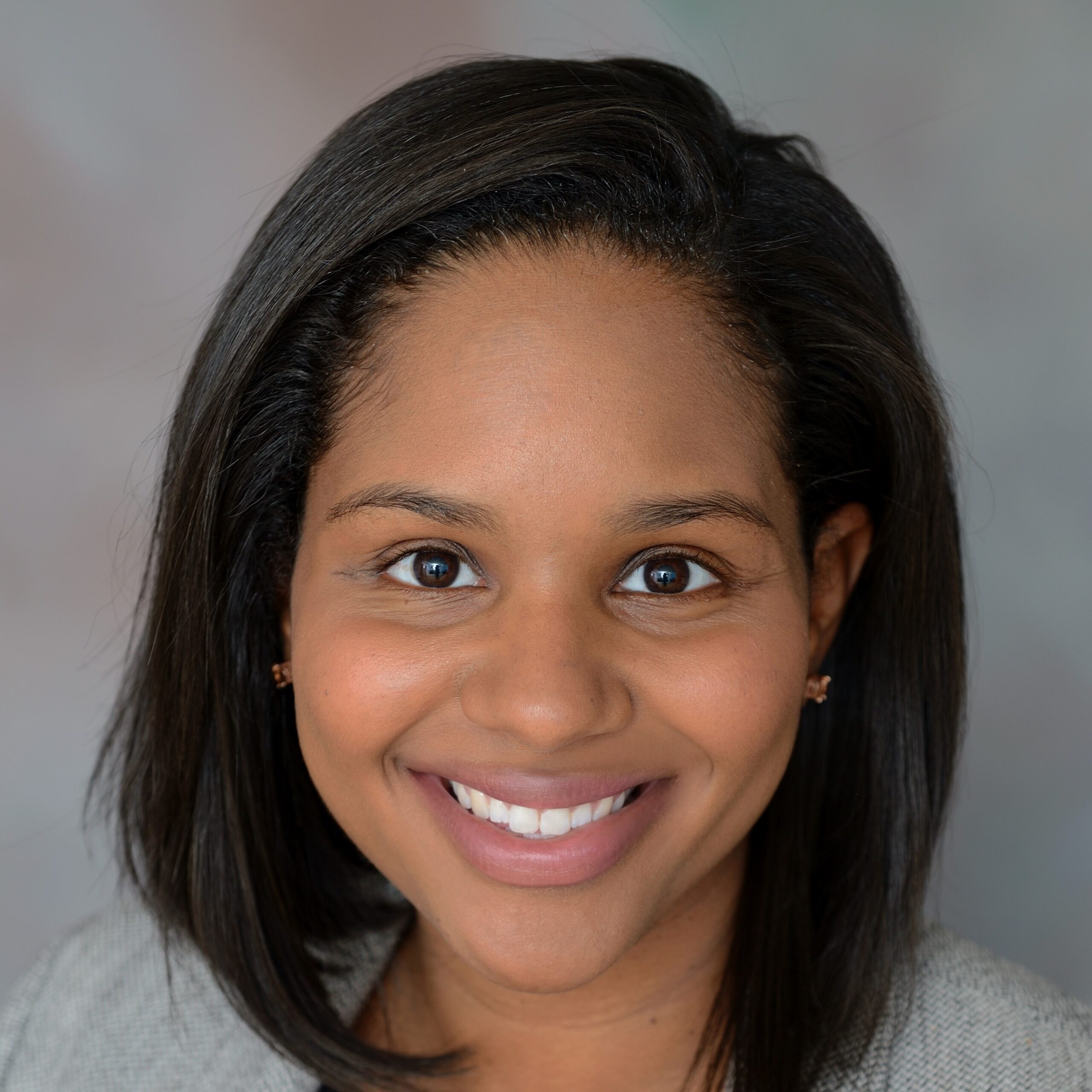Brandi Gilbert, PhD, Senior Associate, has extensive experience studying topics and evaluating initiatives to build community resilience to respond to disasters and to enhance youth capacity to lead in their community. She is passionate about making sure youth, in particular youth of color, are authentically engaged in efforts to make their communities more resilient as they experience acute and chronic stressors due to systemic racism and lack of access to supportive adults, opportunities, and other resources to be able to reach their full potential. She is deeply immersed in developing trauma-informed research practices when working with youth who are experiencing such stressors. With training in sociology, with an emphasis on environmental sociology and evaluation, Brandi excels at using research and evaluation to support the development and improvement of strategies to build community resilience and youth leadership.
At Community Science, Brandi leads the organization’s focus area on youth engagement and leadership and several research and evaluation studies focused on connecting youth to education and employment opportunities and building the capacity of adult and youth residents in communities across the country to be able to respond to man-made and natural disasters, such as Hurricane Katrina, 2010 BP Oil Spill, and the COVID-19 pandemic. She has led such studies for many national foundations including the Conrad N. Hilton Foundation, Dalio Foundation, Robert Wood Johnson Foundation, and William Penn Foundation. She also wrote a paper to examine the federal government delivery and coordination of post-disaster social services for children and families commissioned by the National Academies of Sciences. She directed the American Evaluation Association (AEA) Graduate Education Diversity Internship (GEDI) for six years – in addition to being a graduate of the program herself – and helped to build a pipeline of a diverse group of emerging evaluation professionals trained in culturally responsive and equity-driven evaluation practices.
Before joining Community Science, Brandi helped to lead and manage projects focused on disaster resilience and preparedness previous work at the Urban Institute’s Metropolitan Housing and Communities Policy Center, including evaluation of the Rockefeller Foundation’s 100 Resilient Cities program, a study examining federally funded post-disaster housing recovery efforts, and an assessment of disaster preparedness across community-based organizations in the midwestern region of the United States.
Brandi holds a Doctor of Philosophy degree in sociology from the University of Colorado Boulder. She lives in Maryland and in her free time, enjoys staying active by running half marathons, cooking comfort meals with healthy ingredients, spending time with family, traveling, and reading.
Examples of Publications
Gilbert. B. (2018). One year later, Puerto Rico’s children are still navigating the Hurricane Maria Recovery. Urban Wire.
Lee, K. & Gilbert, B. (2014). Embedding the Graduate Education Diversity Program within a larger system. New Directions in Evaluation, No. 143. Thousand Oaks, CA: Sage Publications.
Understanding Post-Disaster Social Services for Children and Families. (2021). Written for National Academies of Sciences and Administration for Children and Families.
Evidence-Based Strategies to End Childhood Food Insecurity and Hunger in Vermont. (2019). Written for the National Life Group Foundation.
CDBG-DR Housing Recovery: Challenges, Best Practices, Lessons Learned, and Recommendations.
(2019). Written for the U.S. Department of Housing and Urban Development.
Examples of Projects
Qualitative research study to understand the stories of young people ages 14-22 years in Connecticut who are not connected to school, work, and other social supports.
Five-year evaluation of Conrad N Hilton Foundation’s New Orleans Opportunity Youth grantmaking portfolio in New Orleans, Louisiana.
Assessment of Conrad N. Hilton Foundation’s COVID-19 Relief Grantmaking.
Evaluation study and capacity building of adults and youth participating in a leadership institute in Duck Hill, Mississippi, as part of the Robert Wood Johnson Foundation’s Building Resilience through Intergenerational Leadership initiative.
Assessed Children International five-year strategy focusing on reducing poverty across 13 countries, specifically by addressing health, education, and employment needs.

